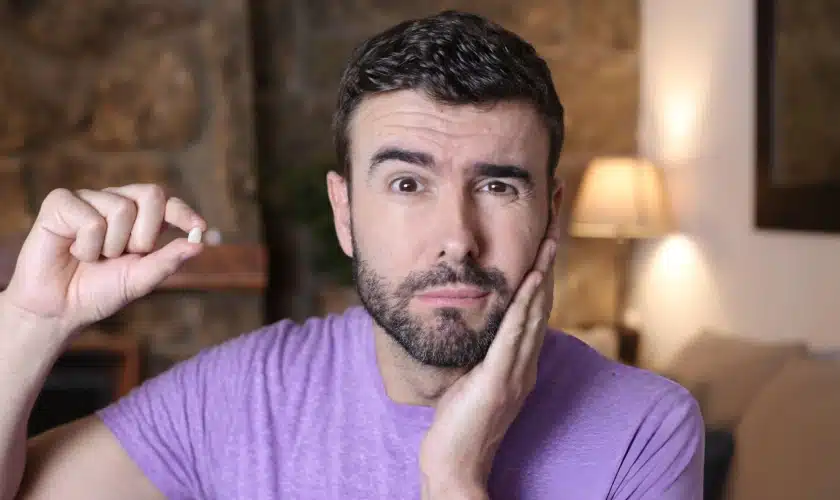Top Tips from a Dentist in South Austin for Maintaining Healthy Gums at Home
Are your gums bleeding while you brush? That’s not irritation, that’s a warning sign. Gum disease gradually makes its way ahead and possibly ruins your entire oral health. South Austin residents prefer to overlook these signs until it’s too late.
However, your local dentist has tips that will prove useful to you. It’s pro-approved and easy to adopt at home. Old or young, gum care matters. With proper daily measures, anyone residing in South Austin can prevent gum disease with no effort or cost required.
Why Healthy Gums Matter
Gums keep your teeth secured and protect underlying bone. Unhealthy gums create an entrance for contagious bacteria. Bleeding, puffiness, and ongoing bad breath are normal signs of unhealthy gums.
Redness or tenderness to the gums is also a sign of something amiss. Mild gingivitis, if not treated, can become periodontal disease. It can lead to gum recession, bone loss, and tooth loss.
Keep in mind that prevention is easier than treatment. The daily care of your gums avoids health risks and costly dental visits.
Best Home Gum Care Tips from a South Austin Dentist
You Have to Brush with the Right Technique
Use a soft-bristled toothbrush to prevent gum irritation or damage. You need to brush gently for two whole minutes. Place the brush at a 45-degree angle to your gums.
You can also use short, gentle circular motions. Do not scrub back and forth. Replace brushes every three months. A professional dentist in South Austin recommends brushing twice daily, especially before bed.
Don’t Skip the Floss
Floss removes food and plaque between teeth that brushes cannot. You need to floss once a day, ideally before bed.
Consider wrapping floss around each tooth in the shape of a “C” and gently sliding up and down. Do not snap floss into gums. Water flossers are available if hand flossing is a problem. Dentists advise both for healthy gums.
Consider Swishing with an Antibacterial Mouthwash
Antibacterial mouthwashes reduce plaque, inflammation, and infection of the gums. You have to choose an ADA-approved, alcohol-free one.
Swish following brushing and flossing for 30 seconds. Mouthwash can reach areas that your brush and floss cannot. Ask your dentist for specific brand names that suit your gum condition.
You Have to Eat for Gum Health
Vitamin C foods promote healthy gums and healing. Incorporate oranges, strawberries, and greens into your diet. Crunchy vegetables aid in cleaning teeth and massaging gums.
You have to avoid sugary foods, soda, and acidic beverages. They lead to plaque accumulation and make gum tissue weaker. A healthy diet maintains your oral and overall health.
Hydrating is a Must
Water is needed to make saliva. Saliva washes away food particles and is a buffer for acid. Dry mouth allows bacteria to multiply.
Consider drinking water throughout the day, especially after meals. Avoid coffee and alcohol, which dry the mouth. Your dentist is stressing liquids as a way to guard gums.
You Must Quit Tobacco
Chewing and smoking tobacco delay healing and cause gum disease. Using tobacco limits blood supply to the gums. It raises your chances of infections, bone loss, and losing your teeth.
South Austin has quit resources available and in-town support groups. You should ask your dentist about cessation strategies that work.
You Should Know Your Risk Factors
Certain people are born with a predisposition to gum issues. Gum health can also be influenced by diseases like diabetes, hormonal changes, and stress. If you have an ongoing disease, you must follow the advice of your dentist very strictly.
Extra care might be extra cleanings or mouthwashes with medicine. Tell your dentist if you are pregnant, have diabetes, or are under stress.
When to See a Dentist?
If you notice bleeding, receding gums, or persistent bad breath, don’t wait. These are signs in their early stages.
Home care cannot reverse existing gum disease. You must visit your dentist every six months for a cleaning. Your dentist checks for plaque, tartar, and gum pocket depth. Early detection means simpler, less expensive treatment.
Healthy gums guard more than your smile. Daily maintenance and regular visits keep troubles at bay. Don’t brush off little things, as they become big problems quickly.
Stay regular, eat right, and consult us when necessary.


